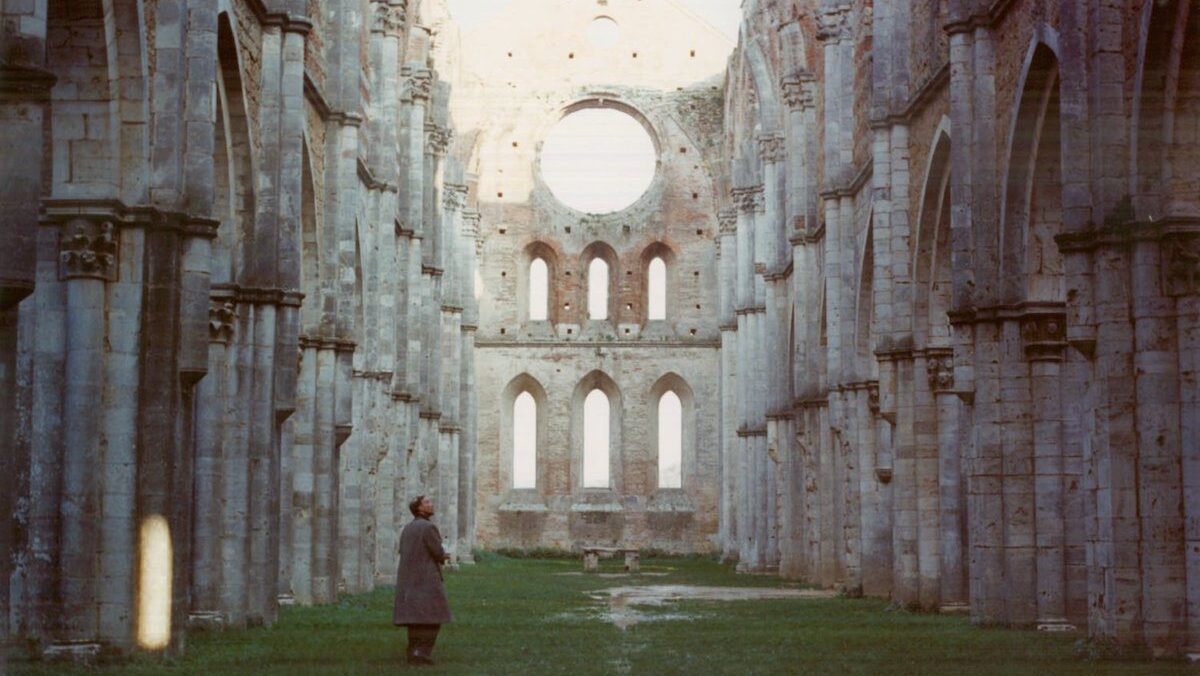
Taking the Nostos Journey
Where is Home, ye wayfarer? A response to Audrey Unverferth

Where is Home, ye wayfarer? A response to Audrey Unverferth
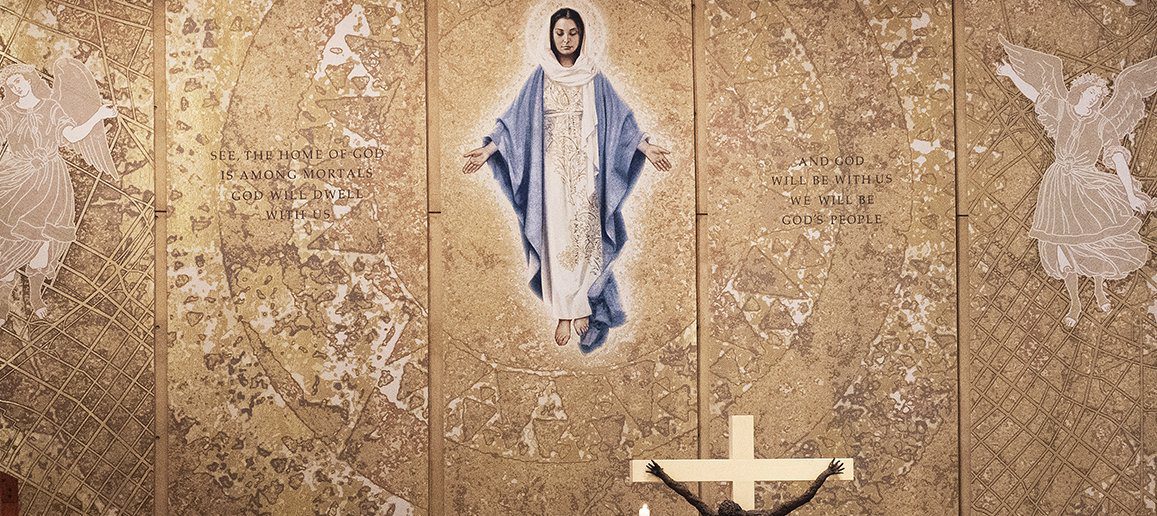
All Cathedrals, I have realized, have a smell, a sound, and a feel that binds them to one another; it’s a congruity of design that unites believers wherever they go.

Britain, like Europe, is suffering from a spiritual decay which manifests in the deterioration of its built environment.

Alain de Botton’s book tells us that we can and should regain hope about the future of our homes and cities. Architecture has been in a sad state in the West for many decades, but there are also glimmers of promise.

Politicians come and go, but the monarch provides continuity in the life of a nation that looks beyond the moment.
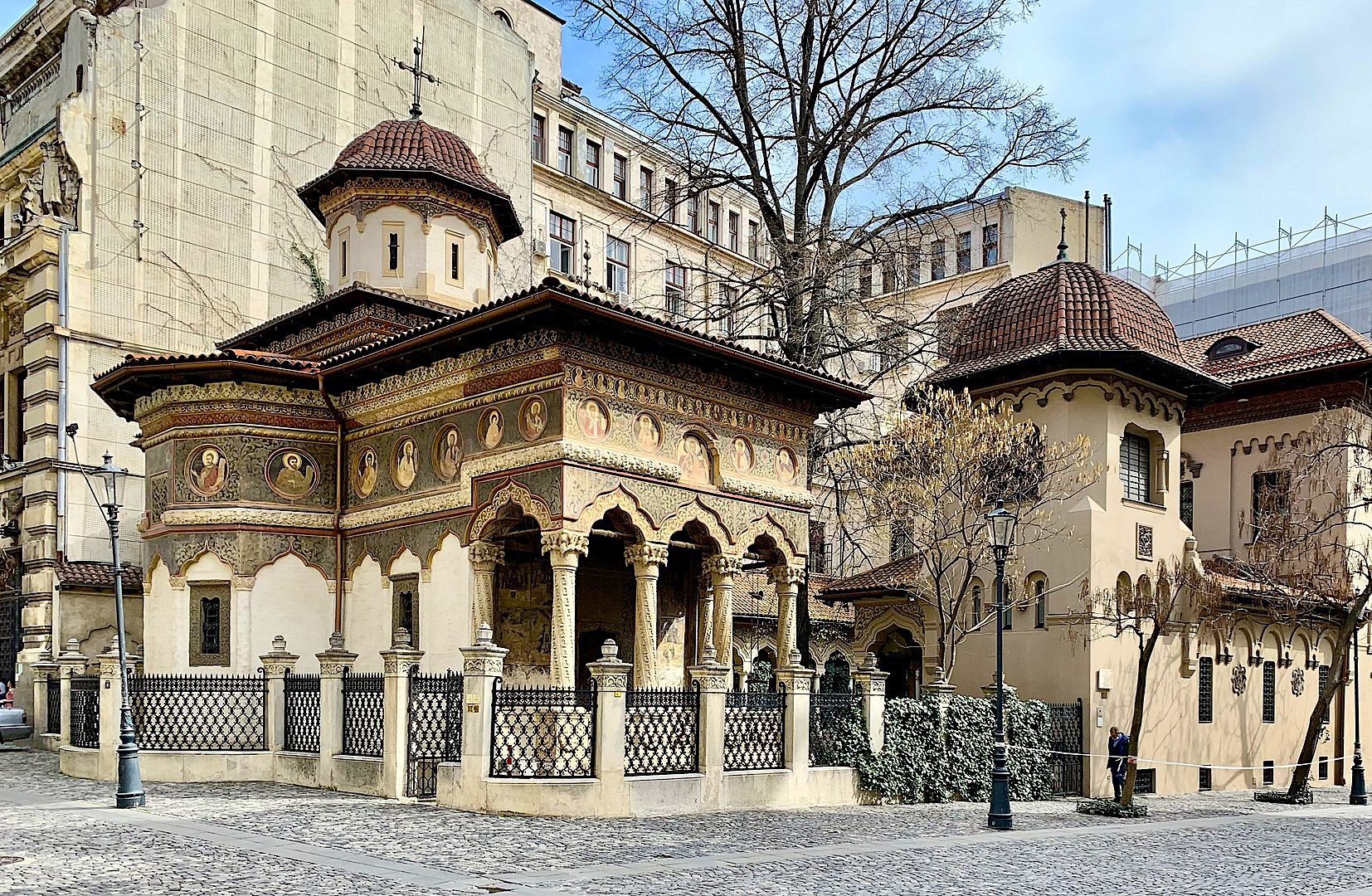
Streets in Bucharest are lined with decaying neo-Brâncovenesc buildings. Instead of restoration, city-planners are heaping rubbish upon rubbish, building the same junk that has ruined cities from one end of Europe to the other.
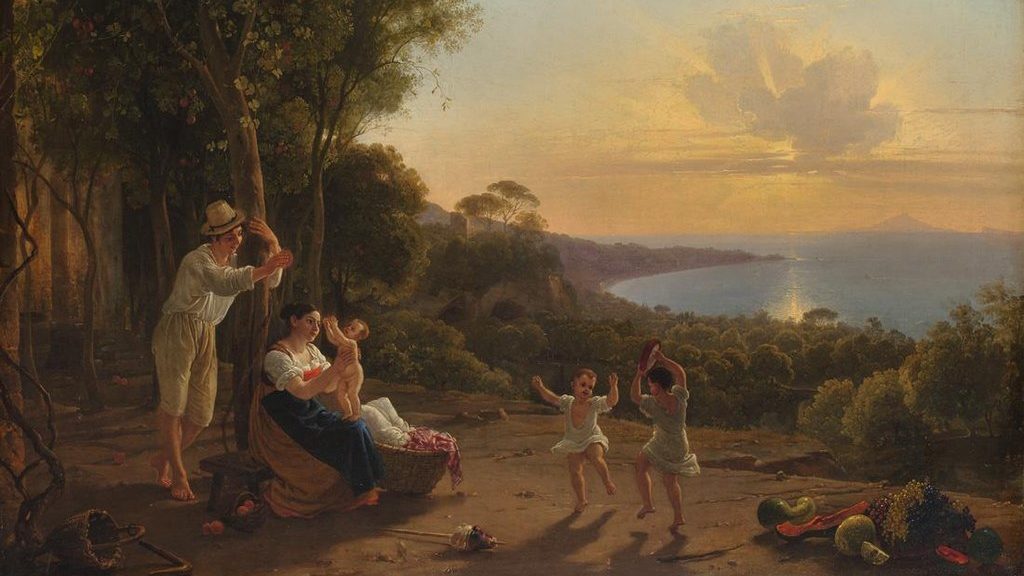
Listening to pop music—like the rest of modernity—marks an education in unreality, which is no education at all. Folk music, on the other hand, is invariably rooted in the concrete reality of life.

It isn’t easy for Europeans to love a place. Which is a provocative way of saying it isn’t easy for modern people to do so. We—moderns in general—are biassed towards language, and sooner see what we believe than believe what we see.
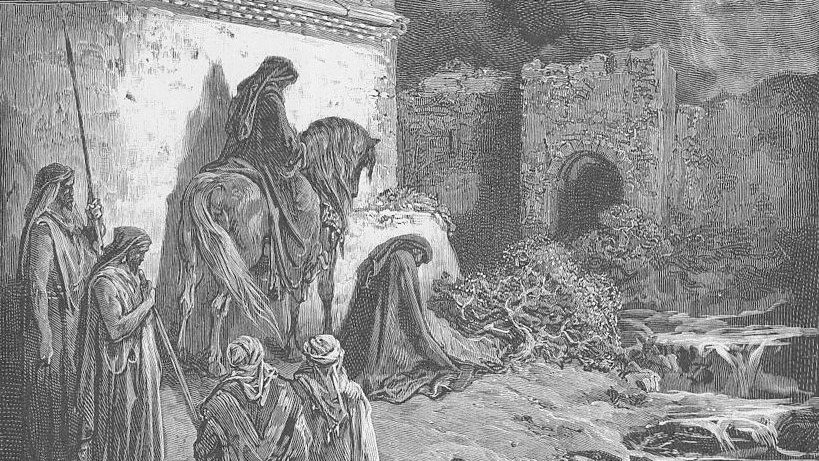
As we look upon our own societies with an ever-decreasing patience at the loss of religious values, we must collectively re-assess our city walls. Are the cracks merely contained to the surface, or does our city lie in ruins?
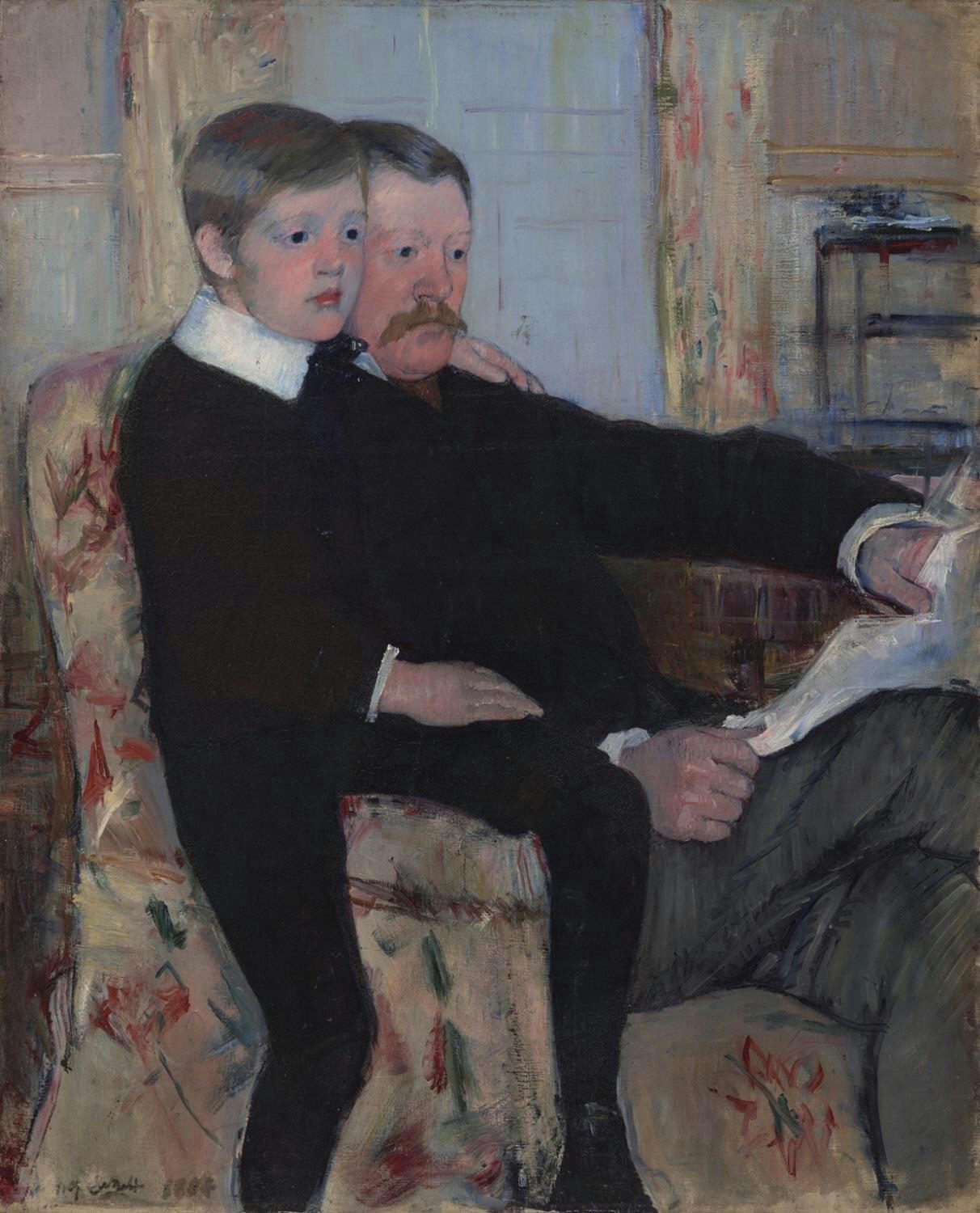
Families are a wall; a bulwark against dictatorship, a bastion of liberty. The family is at odds with the ideology of the postmodernists. This is why they hate it so much and are attempting to destroy it.